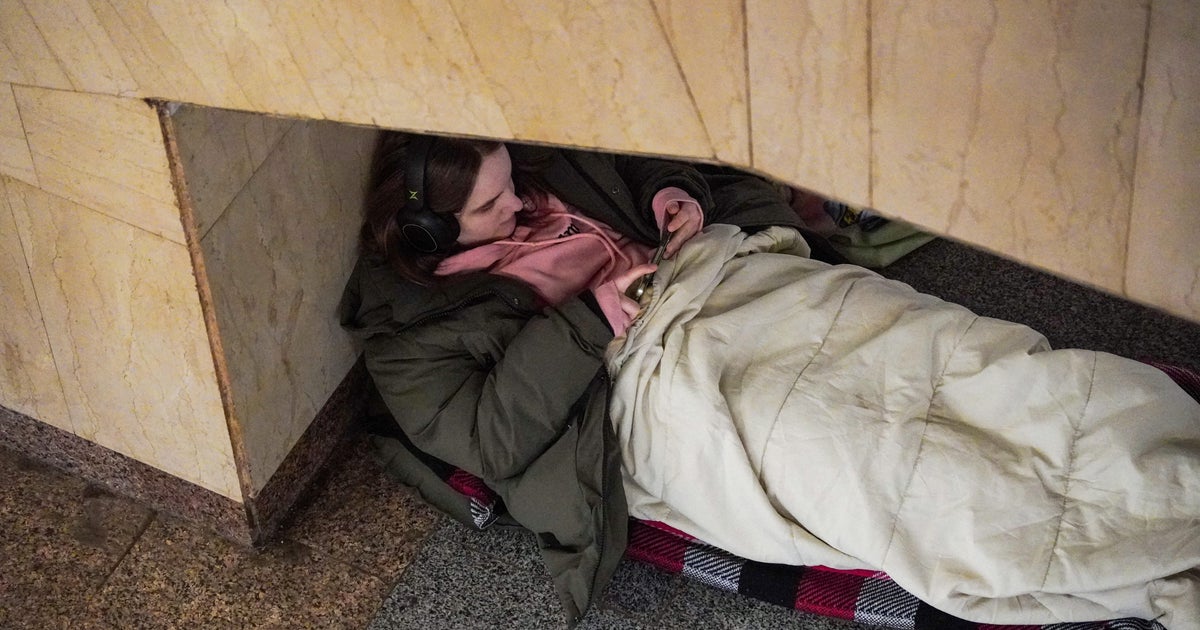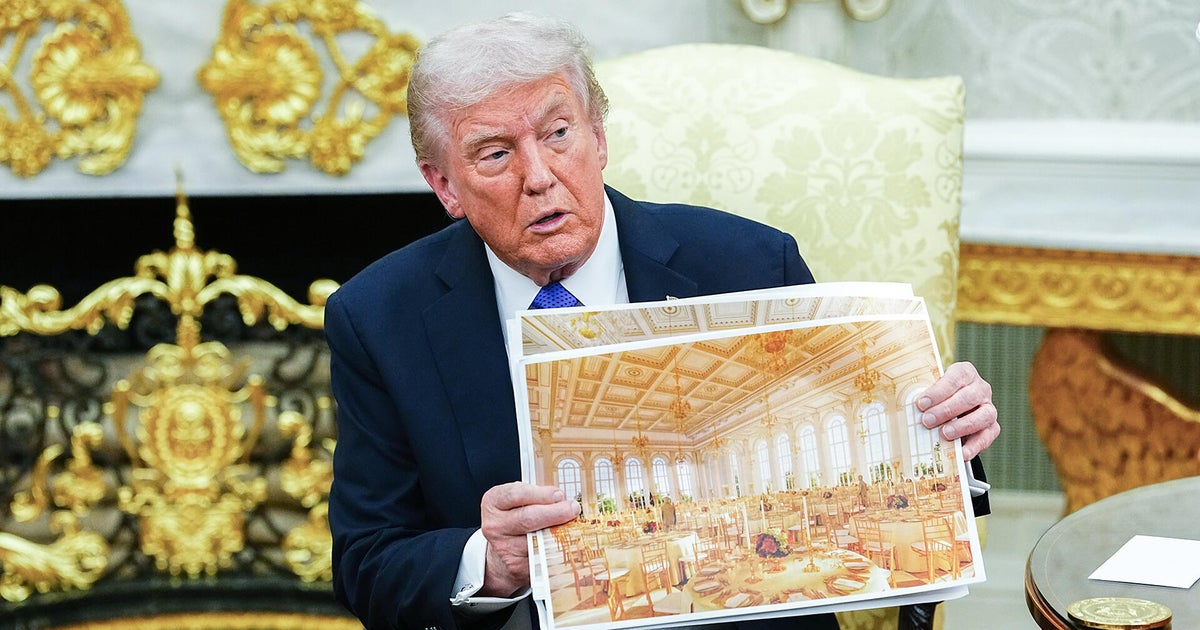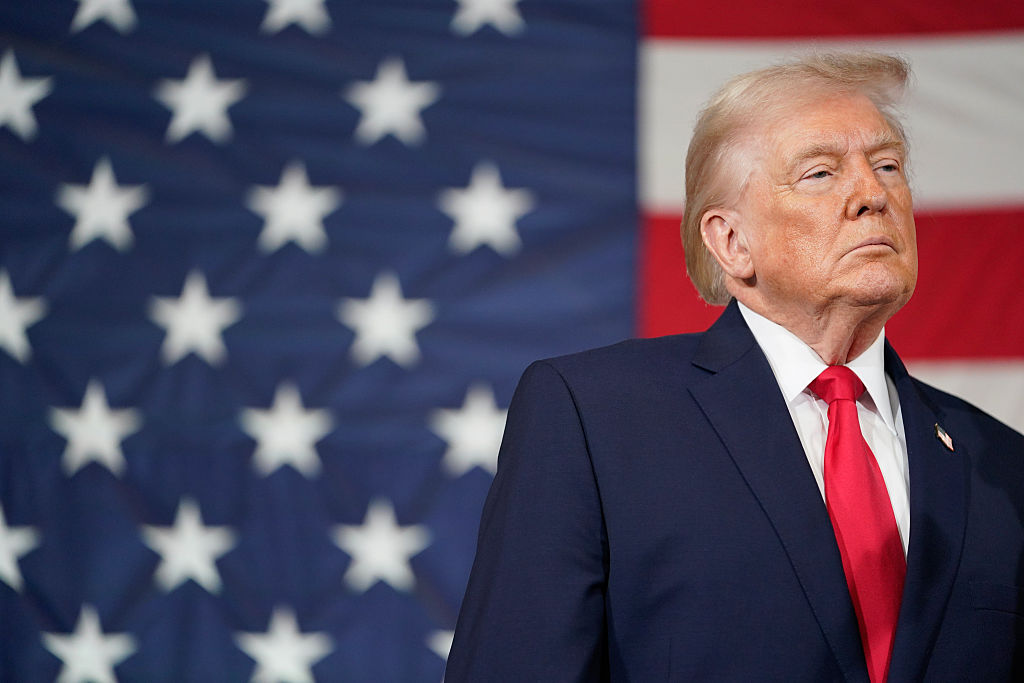National security experts on challenges of the American presidency
National security issues are dominating President Trump's time, including Iran's nuclear program, military operations in Syria, Russian aggressiveness, the rise of China and a high-stakes upcoming summit with North Korea. In the cover story for the May issue of The Atlantic, "CBS This Morning" co-host John Dickerson writes about the challenges of the American presidency:
"Even the role of commander in chief, already one of the weightiest presidential responsibilities, has grown rapidly in its demands. National security is today threatened less by slow-moving armies than by stateless terror groups who might weaponize a rented truck and by rogue states who might weaponize an email. Rare is the day when one or more of these enemies don't present an imminent danger requiring the president's attention."
According to Stephen Hadley, who was national security adviser to George W. Bush for close to a decade, President Trump faces "the most challenging situation we've faced as a country internationally since the end of the Cold War." Hadley also worked in the government under President Ford and served President George H.W. Bush in the Pentagon.
"It's kind of like the old plates spinner in the circus, you know? A dozen plates on a narrow spindle, held up only because the spindles keep spinning. The spin-maker has to go from plate to plate to plate, spin it, spin it, spin it, keep them from falling," Hadley told Dickerson at the Council on Foreign Relations in New York.
Being president has never been easy, but in the age of terrorism, the number of threats have multiplied and Americans are more vulnerable at home than they've ever been before.
"In national security, 10,000 successes equals one failure," said Jeh Johnson, who was chief counsel to the secretary of defense and homeland security secretary under President Obama. "We're responsible for catching it all. And many days in homeland security, whether you're talking about a terrorist threat, the threat of a lethal virus, a cyberattack, spikes in illegal migration, it's like trying to catch raindrops."
To respond to security issues, a well-functioning White House requires a stable and methodical system.
"The job is so large that there has to be a certain structure to it to ensure that the president's day is spent effectively and efficiently… and that he's making the right decisions," Johnson said.
Without a system, presidents veer from crisis to crisis.
"If all you do is respond to crises, all you will get is more crises because you won't be able to take the time to put in place the strategies and policies that will shape the future and head off some of these crises," Hadley said.
Not every challenge in the modern presidency is born overseas. Changes in domestic politics have also increased the friction in the job.
"Our Congress is increasingly polarized. There is now virtue in politics over governing," Johnson said. "And a president is given literally no grace period in office. From day one, there are people in the opposition who want to see the president fail."
The very size of the White House has become an impediment too. Joseph Califano was a top aide to Presidents Johnson and Carter.
"When you have the White House staff up to 2,000, which is where they are now — you have 450 people in the National Security Council," Califano said. "The State Department's overwhelmed. You have close to a couple hundred people in the domestic policy staff. You have 400 people in communications. … So many issues get to the president's throat because you've got all these people working on these issues. That shouldn't really get there, that are better off left down in the bureaucracy to resolve so the president can focus on the big strategy."
Perhaps the biggest challenge to the presidency is that we have become a presidency-obsessed nation. The framers designed a small, limited office. Now in many ways, we expect one person to represent a country of 327 million people.



